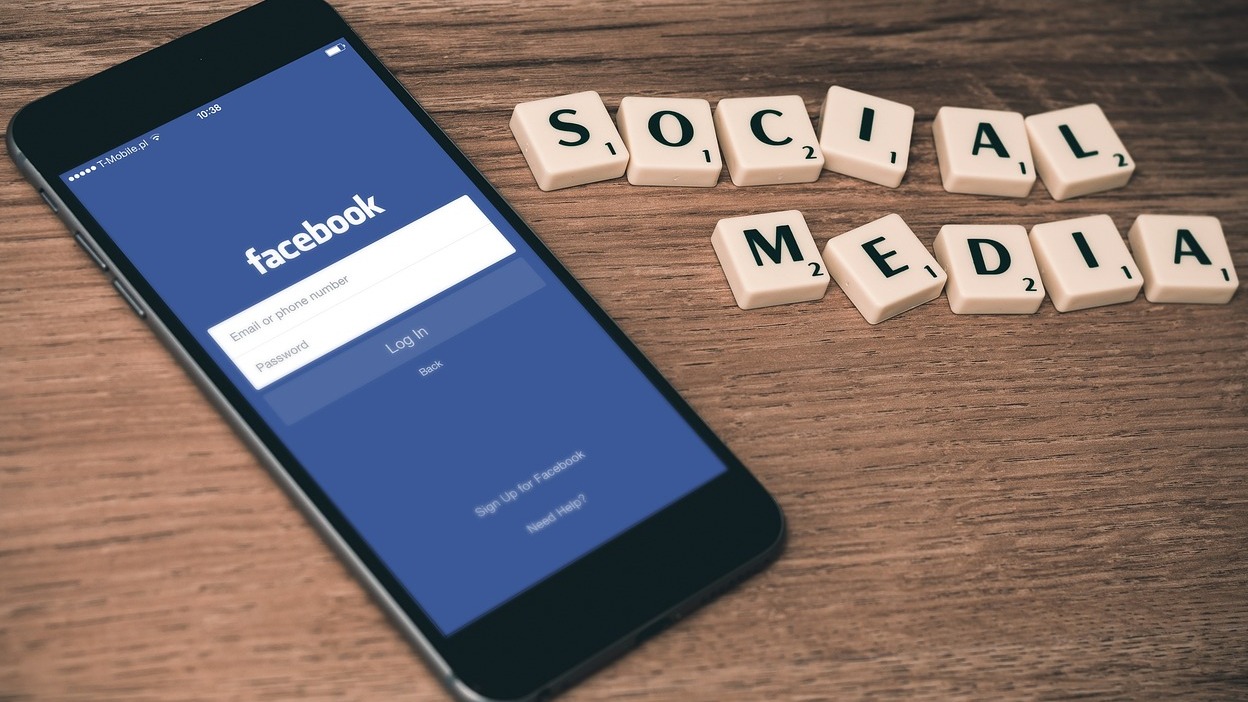The Australian government has proposed new legislation which would ban social media for children under 16 in a landmark move.
At a press conference on Thursday, Australia’s prime minister Anthony Albanese explained that the law aims to protect children from online harms on social media.
“Social media is doing harm to our kids, and I am calling time on it,” Albanese said during the announcement.
The legislation aims to come into effect 12 months after approval, and it will be reviewed following its commencement.
Albanese shared that the government’s decision to put forward the new law was made during a cabinet meeting on Monday.
The Australian government said it plans to make sure that young people can continue to access a range of services such as educational services.
“We will not allow exemptions if users have parental consent, something that we discussed whether that would be appropriate or not,” Albanese added.
During the conference, Albanese highlighted the risks of excessive use of social media, including children viewing misogynistic content and harmful aesthetic views.
“If you’re a 14-year-old boy and you get these things, at a time when you’re going through life changes and you’re maturing, it can be a really difficult time, and what we’re doing is listening and then acting,” he said. “I have spoken to thousands of parents, grandparents, aunties and uncles, they like me are worried sick about the safety of our kids online, we are on your side.As part of the initiative, Australia is currently trialling an age verification system to prevent children under 16 from accessing social media platforms.
The system verifies the users’ age through methods such as biometrics or government identification, aiming to place responsibility on social media companies rather than on parents.
“The fact is that social media has a social responsibility, but the platforms have fallen short,” said communications minister Michelle Rowland at the press conference.
Various countries and organisations have rolling out preventive measures to reduce excessive use of social media amongst children, after numerous studies indicate that the use of social media and exposure to harmful content might increase risks of suicidal thoughts and unhealthy behaviours. Earlier this week, a group of seven families took TikTok to court in France, accusing the social media giant of exposing their children to content that led two of them to take their own lives.
Several social media companies have recently implemented new measures which aim to improve control on data shared across their platforms. Meta-owned Instagram has rolled out a new feature that blocks screenshots or recordings of ‘view once’ pictures and video sent via private messages.
The new feature will also ban people from opening ‘view once’ or ‘allow replay’ images or videos on Instagram web, to avoid them circumventing this screenshot prevention.
Last year, social media platform Snapchat rolled out new parental Content Controls to help prevent minors from being exposed to potentially inappropriate content while using the app.
The feature allowed parents and guardians to access new content filtering capabilities through Snapchat’s Family Centre supervision tool to block “sensitive or suggestive” content from appearing on their child’s Snapchat Stories or Spotlight feed.


